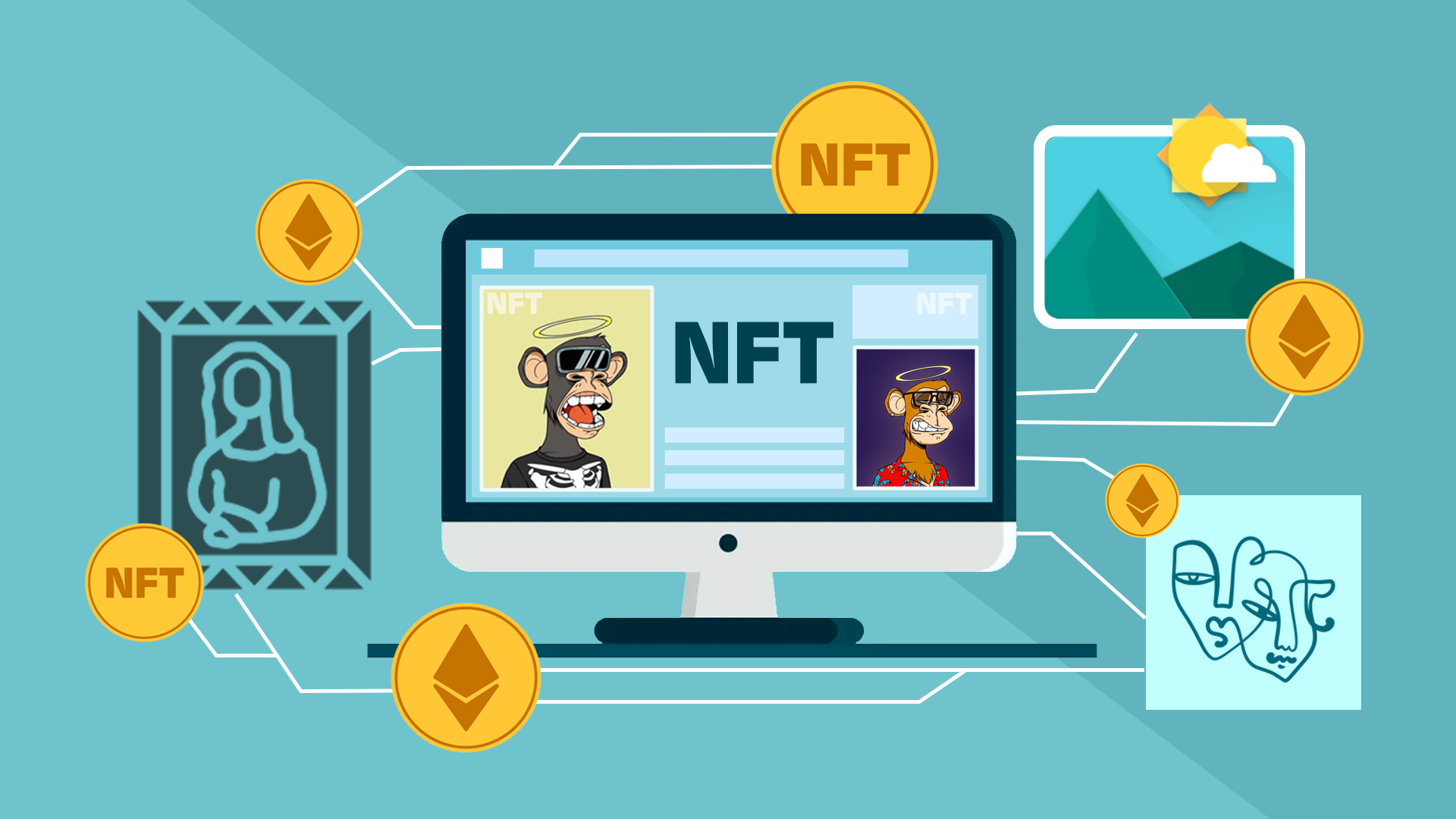Beyond the Boardroom Why Executive Coaching is Indispensable for Today's CEOs
I could use this space to tell you about my being a proven executive, business owner, CEO and all that other blah, blah, blah but what I really want to tell you is how much I love coaching.

In the relentless crucible of modern business, the CEO stands at the apex, bearing the weight of strategic decisions, organizational culture, and ultimate accountability. The role is often isolating, demanding an unparalleled blend of vision, resilience, and adaptability. While traditional leadership development has its place, a growing number of forward-thinking chief executives are discovering an invaluable, often transformative, resource: executive coaching.
Executive coaching for CEOs isn't about fixing a broken leader; it's about optimizing an already high-performing individual. Its a confidential partnership designed to provide a unique blend of objective perspective, strategic sounding board, and personalized development. In a landscape characterized by rapid technological advancement, global economic shifts, and evolving workforce dynamics, even the most seasoned CEO benefits from dedicated support to navigate complexity and sustain peak performance.
One of the most compelling reasons for a CEO to engage with an executive coach is the sheer absence of unbiased feedback within their own organization. Everyone, from direct reports to board members, has an agenda, a filter through which they interact with the CEO. A skilled executive coach, however, operates entirely outside of these organizational dynamics. They offer a safe space for candid reflection, challenging assumptions, and exploring blind spots without fear of judgment or repercussions. This objective mirror is crucial for self-awareness a cornerstone of effective leadership.
Furthermore, the strategic demands on a CEO are immense. They are constantly juggling short-term operational goals with long-term strategic imperatives. An executive coach can act as a powerful thought partner, helping the CEO to clarify vision, refine strategy, and identify potential pitfalls. They can facilitate critical thinking, encourage innovation, and provide frameworks for complex decision-making. This collaborative process allows the CEO to step back from the day-to-day minutiae and gain a clearer perspective on the overarching trajectory of the company.
Beyond strategy, executive coaching profoundly impacts leadership effectiveness. CEOs are expected to inspire, motivate, and unite their teams. Yet, even the most charismatic leaders can face challenges in communication, delegation, or fostering a high-performance culture. A coach can work with the CEO on enhancing their leadership style, improving interpersonal skills, and developing emotional intelligence. This might involve practicing difficult conversations, refining presentation techniques, or exploring strategies to build stronger, more cohesive leadership teams. The ripple effect of a more effective CEO on the entire organization is immeasurable.
Another critical aspect is resilience and well-being. The CEO role is notoriously demanding, often leading to stress, burnout, and a lack of work-life balance. An executive coach can help the CEO develop strategies for managing pressure, prioritizing self-care, and maintaining mental and emotional fortitude. They can serve as an accountability partner for personal growth goals, ensuring that the leader is not just performing for the company, but also thriving as an individual. This focus on holistic well-being ensures sustained leadership and prevents the often-invisible toll of the top job.
The ROI of executive coaching for CEOs is increasingly recognized. Enhanced decision-making, improved team performance, greater innovation, and reduced executive turnover all contribute to a healthier bottom line. The investment in a coach is an investment in the company's most critical asset its leadership.
Choosing the right executive coach is paramount. It requires a thorough search for someone with a proven track record, relevant industry experience, and a coaching philosophy that aligns with the CEO's needs. The relationship must be built on trust, confidentiality, and mutual respect.
In conclusion, the era of the solitary CEO is fading. In its place, we are seeing the rise of the supported, continually developing leader. Executive coaching is no longer a luxury; it is an indispensable tool for CEOs who are committed to maximizing their potential, navigating an increasingly complex world, and driving their organizations to unprecedented levels of success. For those at the helm, the question is no longer if to consider executive coaching, but when and with whom.





























